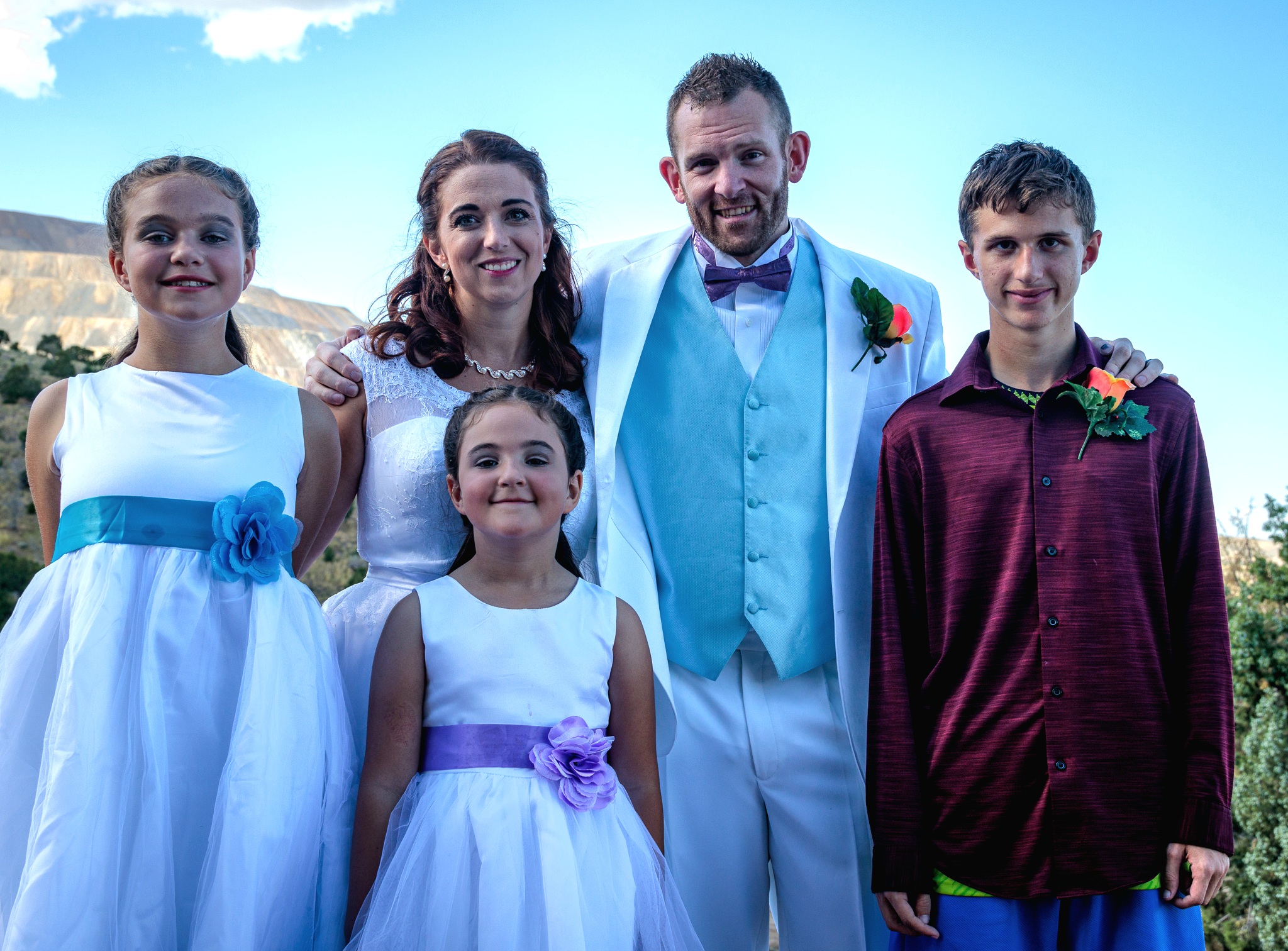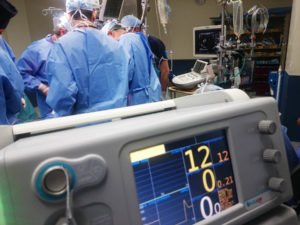
Amanda hopes her cancer journey is a positive example for her kids
April 22, 2024
This is a guest post by Amanda Reitz, a mother of three children who were 13, 9, and 5 years…
Read More
In a changing kidney cancer treatment landscape where immunotherapies and combination therapies have become more common as first-line treatments for patients, a number of presentations at the 2023 American Urological Association Annual Meeting held in April in Chicago, Illinois addressed where cytoreductive nephrectomy, which is surgery to remove kidney tumors in patients with metastases, fits in now and in whom it can be useful.
Dr. Daniel Shapiro of the University of Wisconsin presented ongoing work on the SCREEN model to better predict which patients are more or less likely to die within 12 months of receiving cytoreductive nephrectomy by incorporating the tumor burden alongside systemic symptoms like weight loss and fever with lab measurements (anemia, immune activity, etc). Such information would be useful in determining which advanced RCC patients should be offered systemic therapy first compared with cytoreductive nephrectomy. [AUA 2023 Abstract PD24-01. Read more.].
Another study presented by Dr. Kevin Hakimi of the UC San Diego School of Medicine looked at patient outcomes in a group of advanced kidney cancer patients initially treated with immunotherapy and then offered cytoreductive nephrectomy. The immunotherapy was associated with improved outcomes after surgery, especially in those who achieved the primary endpoint of complete surgical resection and no post-operative complications for 30 days. Secondary endpoints included pathologic downstaging and reduced size of renal mass. [AUA 2023 Abstract PD24-04]
The likelihood of major surgical complications or death within 90 days of a cytoreductive nephrectomy are less overall over time, according to another study. Researchers from the University of Wisconsin and MD Anderson Cancer Center analyzed a cohort of nearly 1,300 patients from six different centers who had cytoreductive nephrectomy from 2005-2009 (369 people), 2010-2014 (557 people), and 2015-2019 (346 people). Between the 2015-2019 and 2005-2009 cohorts, the 90-day mortality rate dropped to 5% from 10% and the overall rate of complications dropped to 22% from 39%. The most recent cohort also had a lower rate of major complications from surgery, and shorter hospital stays, though they had a higher 30-day readmission rate. The 2010-2014 and 2015-2019 cohorts were also less likely to have received systemic therapy prior to surgery. [AUA 2023 Poster MP28-01. Read more]
These trials demonstrate further research can help clarify when and for whom cytoreductive nephrectomy will be most effective as kidney cancer treatments continue to expand and improve.